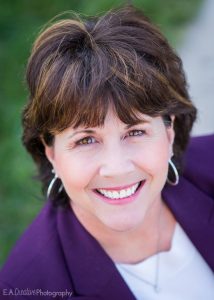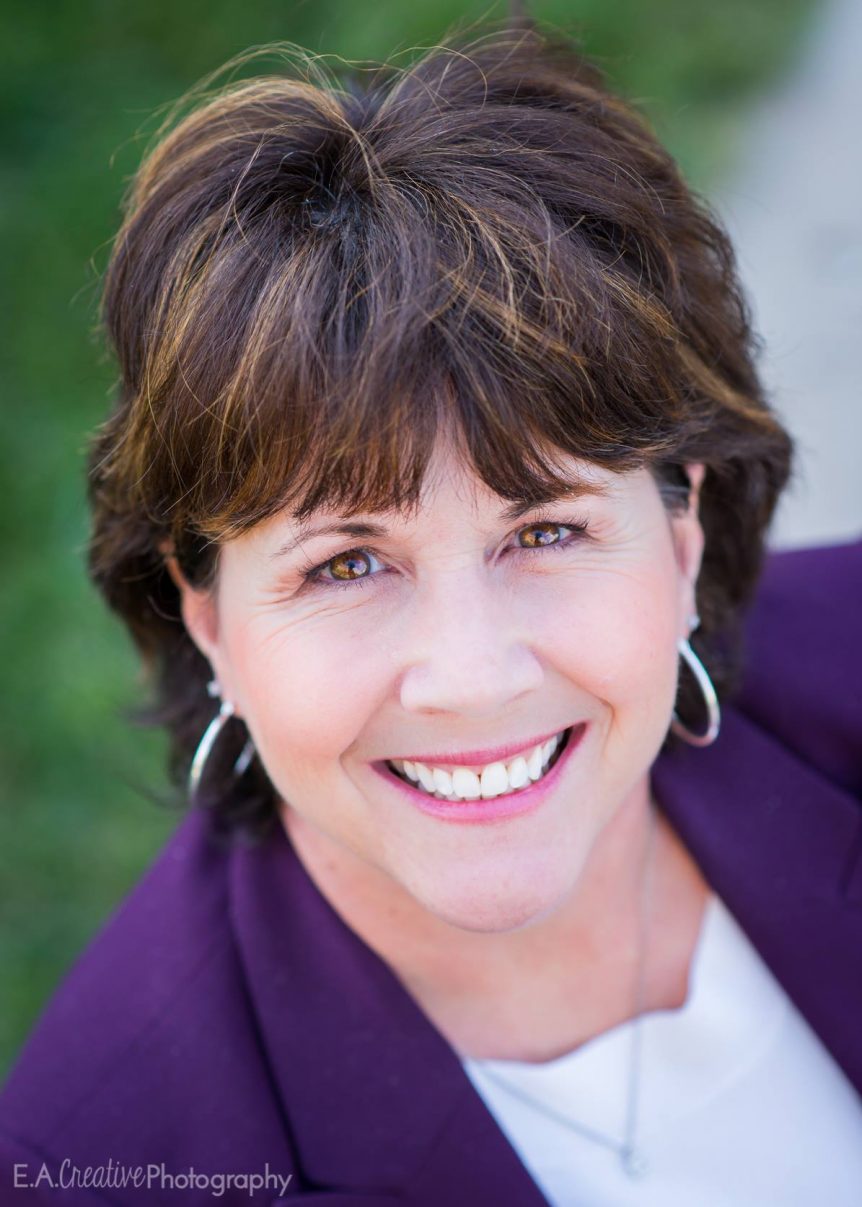Today, I’d like you to learn a little more about my dear friend, Carole. She traveled with us to Israel last month, but our friendship began long before that. In 2013, she traveled across the country to stay with Roy and I–having never met us–to attend a writer’s conference.
Our hearts were instantly knit together, and she’s helped me with lots of research since. Here’s a little about my friend, Carole:
 Just so we don’t forget—how can people find you?
Just so we don’t forget—how can people find you?
Website: www.caroletowriss.com
Blog: www.caroletowriss.com/notes
Twitter: @CaroleTowriss
Facebook: https://www.facebook.com/NovelistCaroleTowriss
Pinterest: http://www.pinterest.com/ctowriss
Email: carole@caroletowriss.com
Instagram: https://www.instagram.com/caroletowriss/
Amazon Author page: http://www.amazon.com/Carole-Towriss/e/B009ZVHM8I/
Great! Thanks so much!
Your Characters:
Q: Do you write about actual biblical events/characters/stories or do you write about ancient history and reference biblical events/characters/stories? Why did you choose to write your style of biblical fiction? (i.e. the difference between Jill Eileen Smith’s, Sarai, and Tracy Higley’s, The Queen’s Handmaiden)
A: I always write about actual biblical events/characters/stories. I feature some of the lesser-known characters in the Bible – people mentioned only once or twice, and sometimes even without a name. I don’t write about the Davids and Esthers and Ruths. Those people are minor characters in my stories.
Q: How do you choose your main character? Are there certain qualities you always write into your hero/heroine? Or does each book dictate the main character’s profile?
A: As I said, I pick characters who are not well-known. I’ve written about Caleb’s daughter, Acsah: Bezalel, the craftsman who built the Ark of the Covenant; one of the ten spies who said the Promised Land could not be conquered; and the slave girl who was freed from a spirit by Paul.
At a conference, I heard a well-known author say that we unconsciously write the same story over and over again. We change the circumstances and the characters, but the underlying message is always the same.
I end up writing about women who need to learn to trust God, and not the people in their lives—not husbands, parents, whomever. I think that’s a lesson I have to learn over and over again, and that’s why it shows up in my books.
Q: How do you create minor characters?
A: My minor characters are patterned after people I know more often than the main characters. They each serve a purpose in the journey of the hero and heroine, whether good or bad. They help or hinder, advise, obstruct, encourage—and sometimes the Scriptural story requires them.
Your Writing Process:
Q: Are you a plotter or a by-the-seat-of-your-pants writer (pantzer)?
A: I am definitely a plotter! I outline the whole book before I start writing. A lot of the story is from Scripture and of course I can’t change that, but each person in the story has his or her path through that larger tale. I don’t always end up sticking to my outline. Sometimes it just isn’t working and I have to adjust. But I know how it ends before I even start.
Q: How do you keep the Bible’s truth, historical facts, and creative fiction straight? What
systems do you use to store all your research information?
A: I keep all my research in OneNote. I learned that the hard way! Sometimes I would find a really interesting and unusual piece of research, and then I couldn’t find it later. So I try to link every single webpage I read to OneNote. I upload pictures of the setting, character photos, as I imagine them.
The outline I write starts with the Bible story. It is absolutely essential to have that as the foundation, or it won’t stand. Then you add the history. That is often less certain in fiction about ancient history, as one event might have dozens of timelines. For example, the pharaoh of the Exodus could be any one of probably twenty different kings.
Only after this can you add your imagination! I feel that as long as I don’t contradict the Bible (or history), I can say whatever makes sense to the story.
Q: What makes your novels different than other bib-fic?
A: Mine are centered on obscure men and women and lesser known events. My third book, for example, is about the Israelite conquest of the city of Arad. Everyone knows about Jericho and how it was conquered, but Arad was even before that!
My books seem to have fewer characters and take place in a shorter time frame. They are not “epic.” If Mesu’s books are Broadway musicals with a huge cast and an orchestra, mine are intimate dinner theater, with a smaller troupe of actors and a string quartet. Lol!
Q: What is your favorite part of the writing process?
A: I like fitting the history, the Scripture, and the characters together. I like figuring out what drives the hero and heroine, what part they play in the story of the gospel. It’s like a puzzle, and finding the best solution is a great treasure hunt!
Mesu’s Recommendations:
See why I love her–and her books? If you’ve never read any of Carole’s books, can I suggest you begin with Sold Into Freedom? It’s my favorite so far!
Of course, you should also read The Psalm Series in which Carole and I joined fellow biblical fiction author, Brennan McPherson, to write three very different novellas about Psalms 23, 37, and 42.
I hope you’ve enjoyed getting to know my friend Tracy Higley last month and Carole this month. Next time, we’ll look at what Scripture has been saying to me in my read through the Bible recently. Hope you’ll come back!
Tweet-Ables:
- Discover how biblical fiction authors Mesu Andrews and @CaroleTowriss met! #CFAuthors #christianfiction
- What is my favorite @CaroleTowriss book to date? Find out in the interview with Carole today! #biblicalfiction #christianauthor
- Discover what makes a #CaroleTowriss novel different than any other biblical fiction. #christfic #histfic



